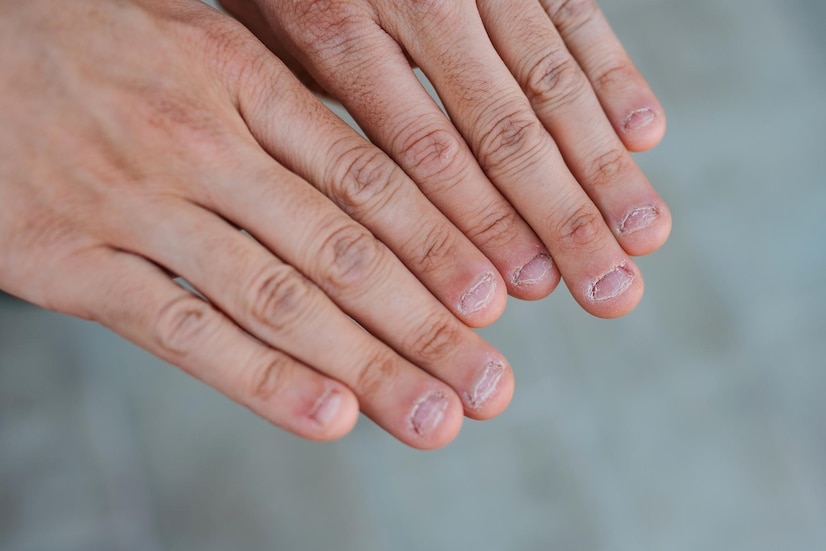Protein is a crucial macronutrient vital for overall well-being and preventing lasting health issues. Let’s explore the key signs our body exhibits that indicate a lack of protein.
Protein has gained popularity in wellness discussions for good reason: This macronutrient plays a significant role in muscle support, brain function, immune strength, and maintaining satiety between meals.
When we consume the right amount of protein daily, there’s no need to supplement beyond dietary sources. But how much protein do we need each day? The World Health Organization suggests that adults should aim for at least 1 gram of protein per kilogram of body weight to prevent deficiency.
1. 10 Symptoms of Low Protein Levels
Nutritional deficiencies are significant and should be taken seriously, as they can lead to various health issues, some of which may be severe. Here are 10 indicators that your body may be lacking protein.
2. Decreased Lean Muscle Mass
It might not be shocking, but it’s essential to highlight: Studies indicate that insufficient protein intake can lead to a decrease in lean muscle mass, resulting in lower strength. Strong muscles contribute to musculoskeletal health and can help mitigate other concerns that affect life expectancy. Low muscle mass has also been associated with cognitive function challenges, insulin sensitivity problems, and poor inflammation management.
3. Slow Recovery and Lack of Results from Exercise
Protein is crucial for repairing and rebuilding muscles after workouts. Research has demonstrated that sufficient daily protein intake can enhance muscle recovery.
4. Constant Fatigue
Insufficient protein in your diet can also lead to fatigue and decreased energy levels, with studies revealing that it can negatively affect performance and daily activities.
5. Persistent Hunger
As mentioned earlier, a lack of protein can lead to increased hunger. In fact, studies show that protein is the most filling macronutrient. If you often feel hungry shortly after meals, low protein consumption may be the reason, particularly for those who skip protein-rich foods at breakfast.
6. Weak Hair and Nails
According to UCLA Health, weak hair and nails are often early signs of inadequate protein intake. This is one reason the beauty industry promotes protein.
7. Dry Skin
Vitamin C isn’t the only important nutrient for your skin; a protein deficiency can also lead to dryness.
8. Imbalanced Glucose and Insulin Levels
Research consistently shows that consuming whey protein before meals helps stabilize blood sugar levels after eating. Amino acids, especially leucine, positively affect insulin, the hormone that regulates high blood sugar levels, helping to lessen the glycemic load.
9. Compromised Immune Function
A diet low in protein can lead to weakened immune function due to the link between protein and effective T-cell performance.
10. Mood and Anxiety Issues
Amino acids serve as building blocks for neurotransmitters, which are essential for cognitive health, focus, and emotional well-being. A high-protein diet has been proven to reduce the risk of cognitive decline in later years compared to a diet high in carbohydrates.
Joint Pain and Bone Weakness:
Protein has been shown to help prevent joint issues and discomfort. Furthermore, emerging research suggests that higher protein intake may promote stronger bones, which is crucial for maintaining health as we age.
So, are you meeting your daily protein needs?

